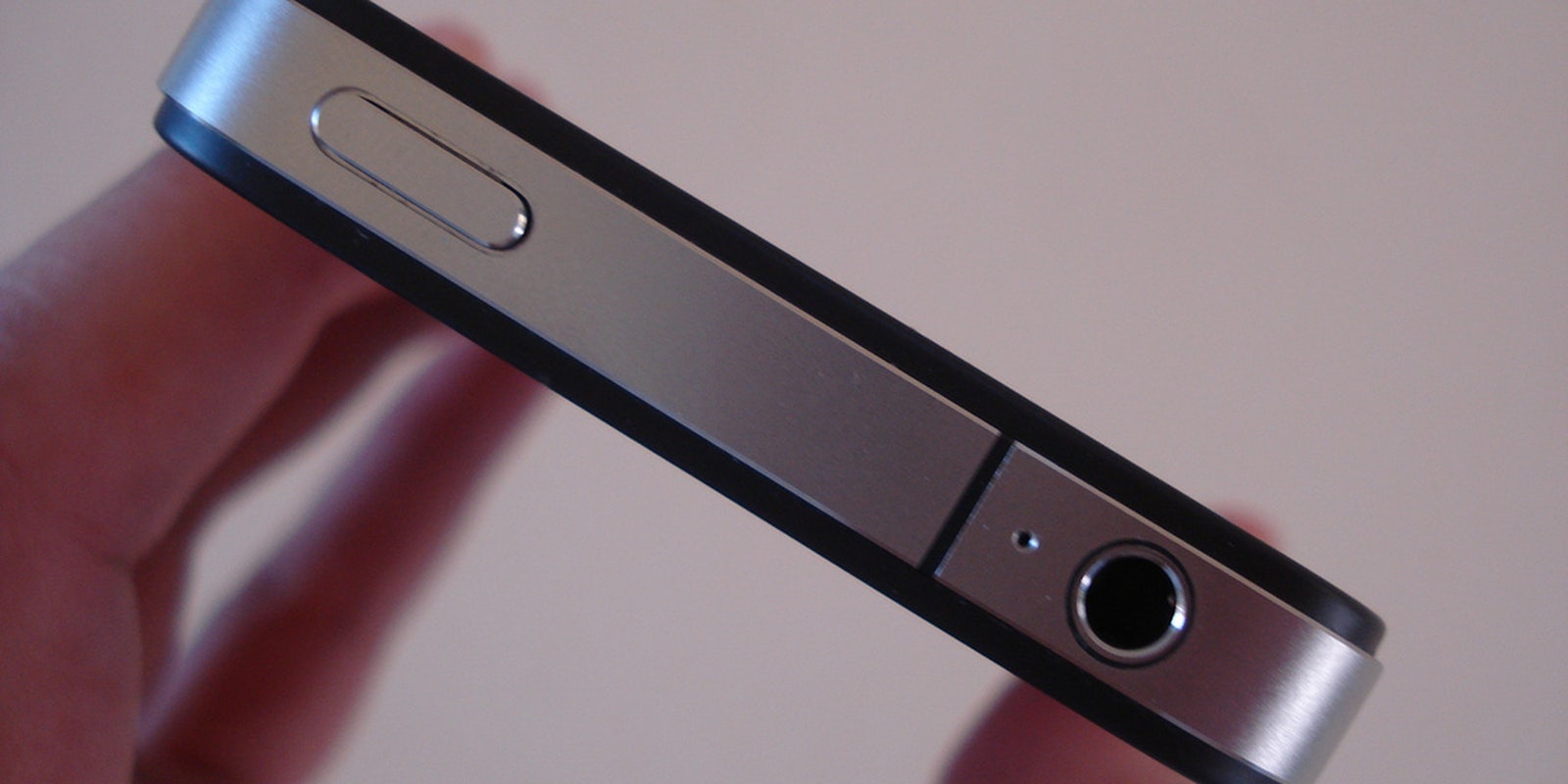Ted Olson used to represent the U.S. government at the Supreme Court, but now he’s representing Apple in a high-profile court case involving privacy, encryption, and a dead terrorist’s locked iPhone.
“The law does not require Apple to do what the FBI is asking so far,” Olson, who served as solicitor general in President George W. Bush’s first term, said Sunday on ABC’s This Week.
Olson is handling Apple’s fight against the Justice Department in a case that last week turned smartphone encryption into a household topic. The FBI won a court order on Tuesday forcing Apple to write software that would let the bureau flood the iPhone of a San Bernardino shooter with password guesses. But Apple CEO Tim Cook vowed not to comply, arguing that writing the code in this instance would set a dangerous precedent for future cases.
Some senior law enforcement and intelligence officials, who warn that terrorists are “going dark” by using encrypted products, want tech companies to redesign their encryption to guarantee investigators the ability to bypass it with a warrant. Technologists argue that doing so would weaken Americans’ digital security and damage U.S companies’ global standing.
“This is an extremely important debate about privacy, civil liberties, and so forth,” Olson told ABC’s George Stephanopoulos. “Apple has helped the FBI in this investigation in every way the law required, but it has to draw the line at recreating code, changing its iPhone, putting its engineers and the creative talents to destroy[ing] the iPhone as it exists.”
Warning that the government’s legal theory was overly broad, Olson argued that Apple had to resist the ruling if it wanted to avoid a dangerous precedent.
“This is a Pandora’s box,” he said. “There’s no limit to what the government could require Apple to do if it succeeds this way.”
Other governments, including the repressive regime in Beijing, are closely watching how the United States handles this issue, and they may pursue similar strategies if Apple loses its case. “People in foreign countries … are going to be very, very susceptible to invasion of their privacy if Apple can be forced to change its iPhone,” Olson said.
While a magistrate judge issued the order for Apple to comply, she also scheduled hearings at which both sides will present their arguments. Apple plans to file an appeal of her ruling to the full district court. From there, either side could appeal to the region’s court of appeals and then to the Supreme Court.
Olson would not say whether Apple executives were prepared to face jail time if they lost the fight, but he did suggest that the government’s public criticism of Apple was unfair.
Noting that he and his client had immense respect for the work that the Justice Department did, he added, “We would hope that we would get the same respect and understanding back.”
Photo via John Karakatsanis/Flickr (CC BY SA 2.0)


